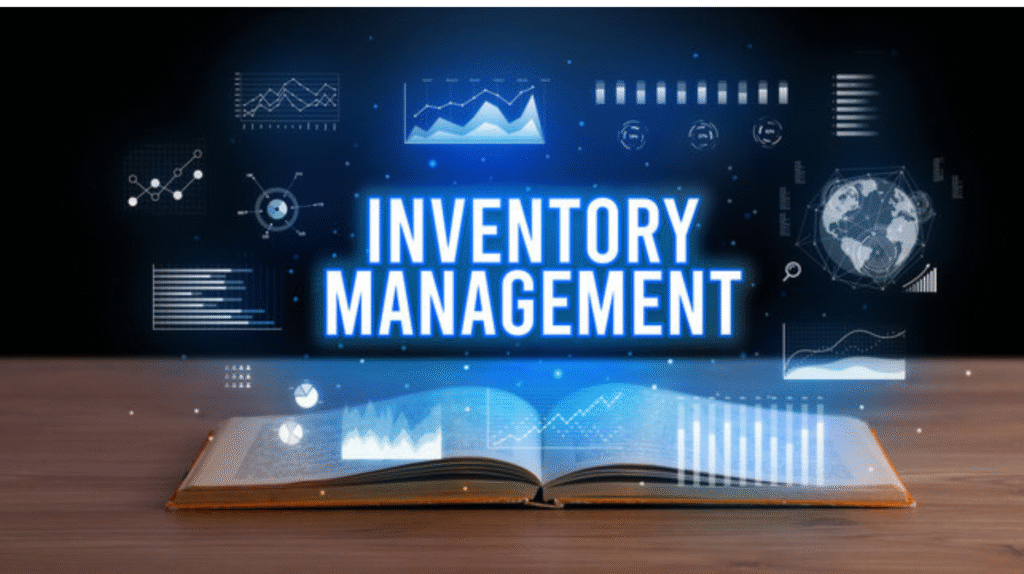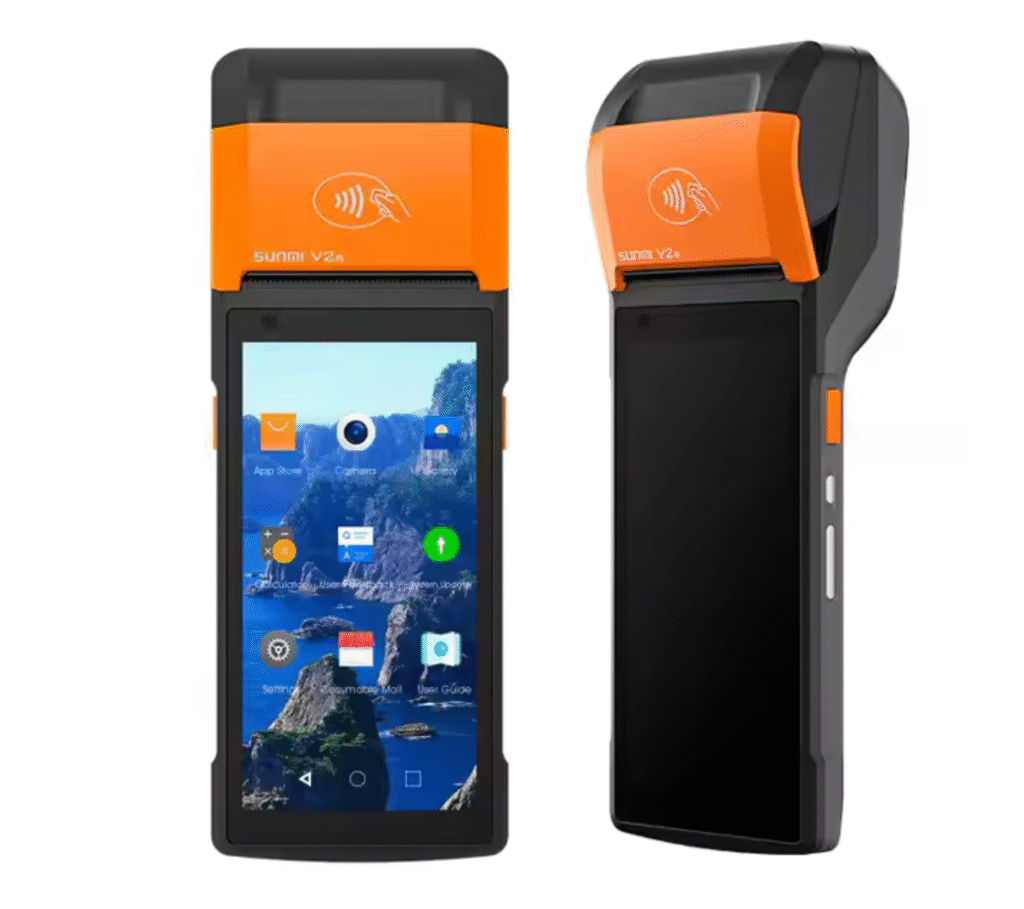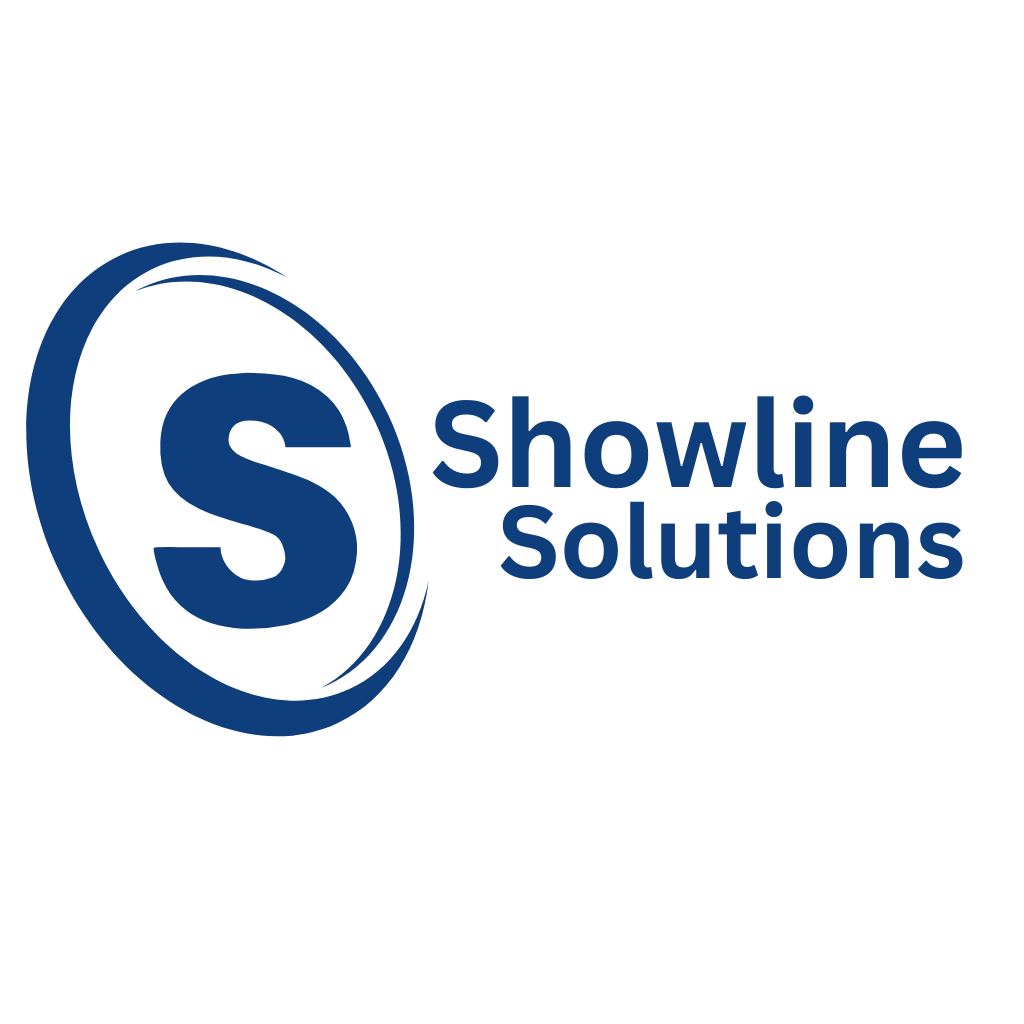ERP Software
Home ERP System Havano ERP Odoo in Zimbabwe ERPNext Accounting System Sage Evolution Palladium Accounting in Zimbabwe Quickbooks POS Point...
Accounting Software
Before exploring specific features, it’s important to understand what a point of sale system is. A POS system is the combination of software and hardware that enables businesses to process transactions. It is where the customer makes a payment for products or services. While traditional POS systems only handled payments, modern systems now include features such as inventory management, sales reporting, and multi-branch support.
The features offered by your POS system will directly impact the efficiency of your business. Therefore, selecting the best POS system requires careful consideration. With the right software in place, businesses can improve customer experience, track performance, and reduce manual work.
Below are the most important POS software features to consider.

A good point of sale system should allow you to monitor your stock in real-time. With inventory management in POS, you can automatically track items as they are sold, returned, or restocked.
In addition to simplifying stock control, this feature helps reduce losses from overstocking or stockouts. Some systems can also notify you when items are running low, helping you make better purchasing decisions.

Accurate reporting is one of the must-have POS features for business owners. A POS system should generate daily, weekly, and monthly sales reports. With proper sales reporting in POS system, you gain insights into your most popular items, peak sales hours, and overall performance.
This data can be used to make informed business decisions. For instance, if a particular product is performing well, you might decide to expand that line.

If you operate in more than one location, you’ll need a POS system with multi-branch support. This feature allows you to manage different branches from one central platform. Stock transfers, sales monitoring, and staff performance can be viewed in one place.
It’s a vital function for businesses planning to expand, as it saves time and reduces duplication of efforts.
Internet downtime can disrupt your business operations. That’s why it’s important to choose a point of sale system with offline functionality. Even when the internet goes down, sales can still be processed and synced later when the connection is restored.
Offline support ensures your store or restaurant keeps running smoothly without any interruptions.
Another useful feature to look for is POS with employee management. This allows you to create user roles and permissions for different team members. Cashiers, supervisors, and managers can be given access to only the functions they need.
Tracking staff performance, monitoring login activities, and limiting access to sensitive data all become possible with this feature.
Security should never be overlooked. A secure POS system protects your business from data breaches and fraud. It should offer user access controls, data encryption, and automatic backups.
Businesses that process card payments must also ensure their system is PCI-compliant. These features will help protect customer data and give you peace of mind.
Point of sale systems with barcode scanning improve speed and accuracy at checkout. With barcode support, cashiers can scan products quickly without manually entering product codes.
This feature reduces errors, speeds up customer service, and improves your business efficiency overall.
Many POS software features now include expense tracking and basic financial reporting. This helps you monitor operational costs like utilities, rent, and wages alongside revenue.
With these reports, business owners can easily analyze profit margins and make better financial decisions. It also reduces the need for separate accounting systems in some cases.
For businesses on the move, a mobile point of sale system offers flexibility. This type of POS can be installed on tablets or smartphones, allowing transactions from anywhere in the store — or even outside of it.
Whether you sell at events, outdoor markets, or offer deliveries, mobile POS ensures you can serve your customers wherever they are.

A POS system for retail stores should offer customer management, discount handling, and receipt printing. Loyalty programs and promotions are additional features that help boost sales.
Retail-specific solutions must be fast, reliable, and capable of handling high customer volumes.
When choosing the best POS system, it’s important to consider your business size, industry, and future growth plans. Small businesses may need only basic features, while growing enterprises require multi-branch support, advanced reporting, and more.
To find the best fit, test a few systems, compare costs, and evaluate support and training options offered by the vendor.
In summary, when evaluating a point of sale system, the following features are must-haves:
Inventory Management
Sales Reporting
Multi-Branch Support
Offline Functionality
Employee Management
Security Tools
Barcode Scanning
Expense Tracking
Mobile Access
These POS system features are critical for success in today’s fast-paced business world. By selecting a system that matches your business needs, you will boost efficiency, improve customer service, and keep your operations under control.
So, next time you ask yourself, “What is a point of sale system and how does it work?” — remember, it’s more than just a cash register. It’s the heart of your business management.

A point of sale (POS) system is used by businesses to complete sales transactions. It combines software and hardware to record sales, accept payments, manage inventory, and generate reports.
The most important POS system features include inventory management, sales reporting, employee management, offline functionality, barcode scanning, and multi-branch support.
Yes, a good point of sale system comes with built-in inventory management that tracks stock in real time, alerts you when items are low, and simplifies restocking.
Absolutely. Offline POS functionality ensures your business continues to operate smoothly even during internet outages, syncing data once the connection is restored.
Look for a system that fits your industry, is easy to use, supports multiple branches or users if needed, and offers strong reporting and security features.
Home ERP System Havano ERP Odoo in Zimbabwe ERPNext Accounting System Sage Evolution Palladium Accounting in Zimbabwe Quickbooks POS Point...
Home ERP System Havano ERP Odoo in Zimbabwe ERPNext Accounting System Sage Evolution Palladium Accounting in Zimbabwe Quickbooks POS Point...
Havano ERP vs SAP What Is SAP? SAP is a well-known global provider of ERP software. It offers powerful tools...
Digitalizing the World with ERP System
Copyright © 2018 Showline Solutions. All rights reserved.
+263778078440
+2638612713407
sales@showline.co.zw
27-Nelson Mandela Avenue Harare

Enterprise resource planning (ERP) refers to the comprehensive coordination of core business operations, typically facilitated by software and technology, often operating in real time.
Subscribe to get latest updates
Digitalizing the World with ERP System
Copyright © 2018 Showline Solutions. All rights reserved.